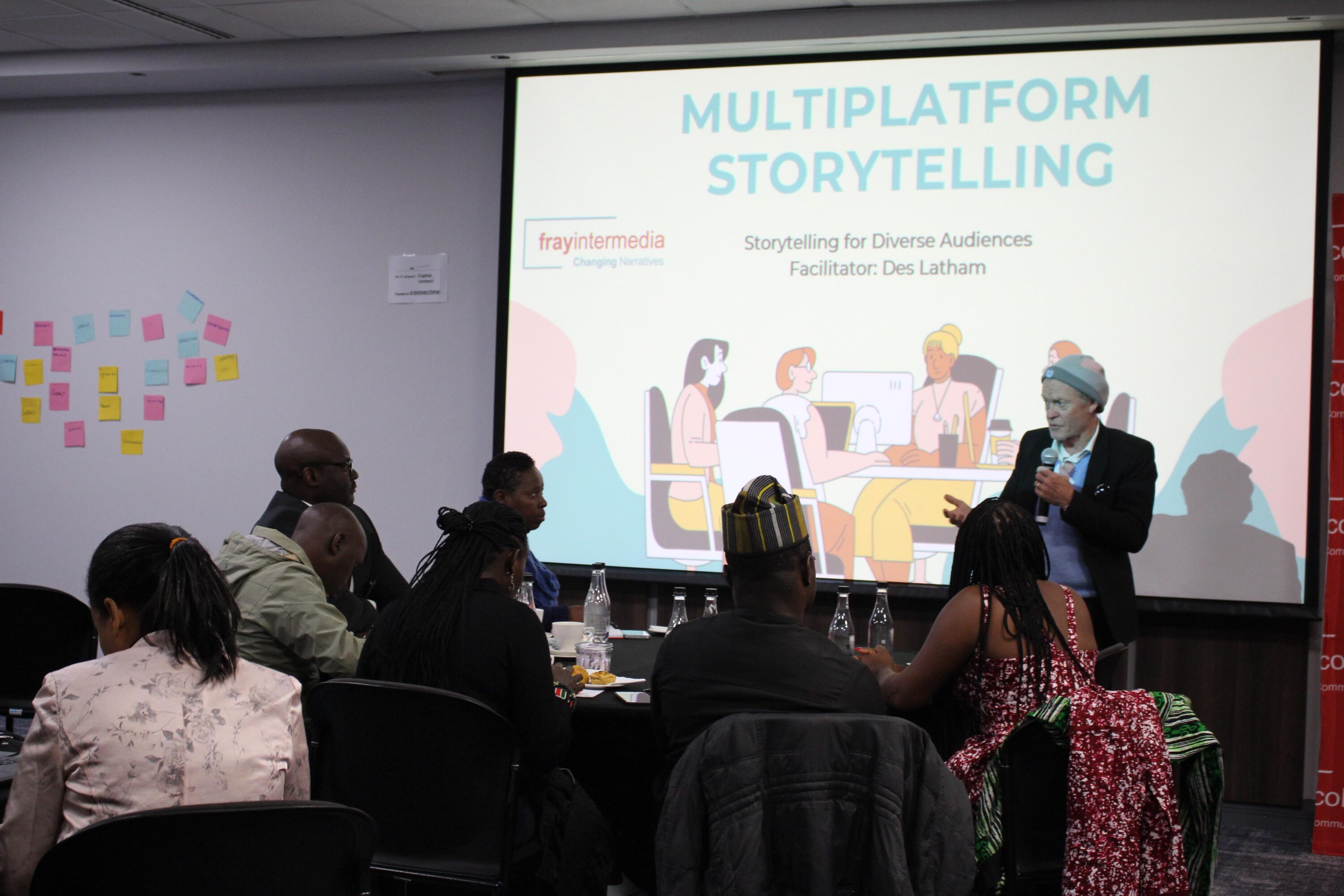When health communicators get it wrong, the consequences can ripple across the entire continent and the world. According to Business Day, misinformation and disinformation are major public health challenges in Africa. This becomes dangerous during health emergencies, when people need clear, accurate, and trusted information the most. With the media landscape constantly changing, health communicators need to stay informed and up to date so they can share accurate information that protects lives and builds trust.

In June, our sister organisation, FrayCollege of Communications, proudly hosted the African Health Communication Conference, an impactful event supported by the Gates Foundation. The conference brought together health communicators, journalists, and media experts from across the African continent for knowledge sharing, networking, and skills development.
Participants included fellows from Zambia, Malawi, Nigeria, Kenya, South Africa, and Ethiopia, each bringing unique perspectives and experiences to the table. The event also featured a lineup of amazing speakers who shared insights into the evolving field of health communication.
Among the speakers was Des Latham, CEO of Frayintermedia, who delivered a powerful presentation on multimedia and storytelling. In an ever-changing media landscape, Latham highlighted the importance of equipping communicators with the tools and understanding needed to craft compelling, accurate, and accessible stories, especially when it comes to Health communication.
Building on the momentum of the June conference, Frayintermedia followed up in July with an advanced multimedia training session. The 90-minute interactive webinar gave participants hands-on experience in transforming health data into powerful narratives for social media, blogs, and podcasts. From mastering apps like CapCut, InShot, and Canva to learning how to record and edit audio using Audacity, the session focused on practical, accessible tools. With a growing need to combat misinformation in health communication, the
training also explored credibility, teaching participants how to verify content with resources like Africa Check and WHO fact-checkers.
The session also highlighted emerging trends such as the rise of “newsfluencers” and the shifting news consumption habits of younger audiences. Participants developed skills in scripting, storyboarding, video and audio production, and even explored the use of AI tools like ChatGPT and Claude.ai for content creation in resource-limited environments.
This event marked an important step forward in strengthening health communication capacity across Africa, ensuring that professionals are empowered with the skills to inform, educate, and inspire through effective storytelling. By blending practical skills, ethical frameworks, and strategies to equip fellows to lead in spaces where credibility, adaptability, and storytelling matter more than ever.
